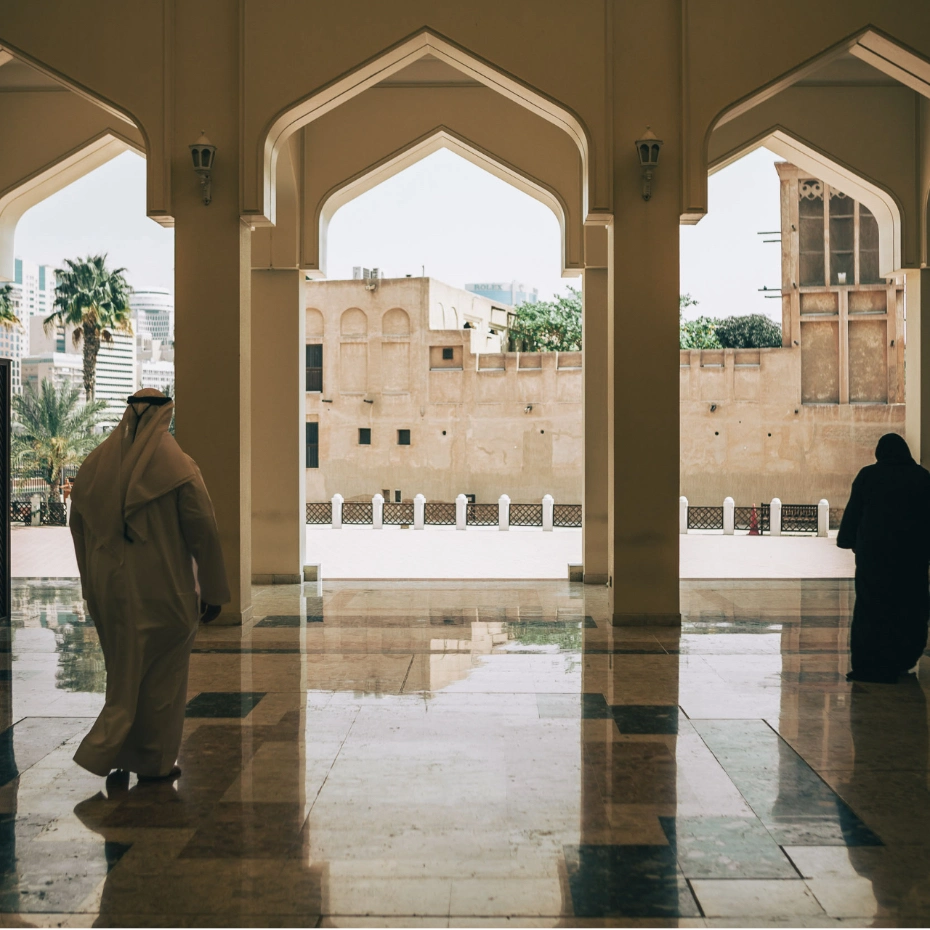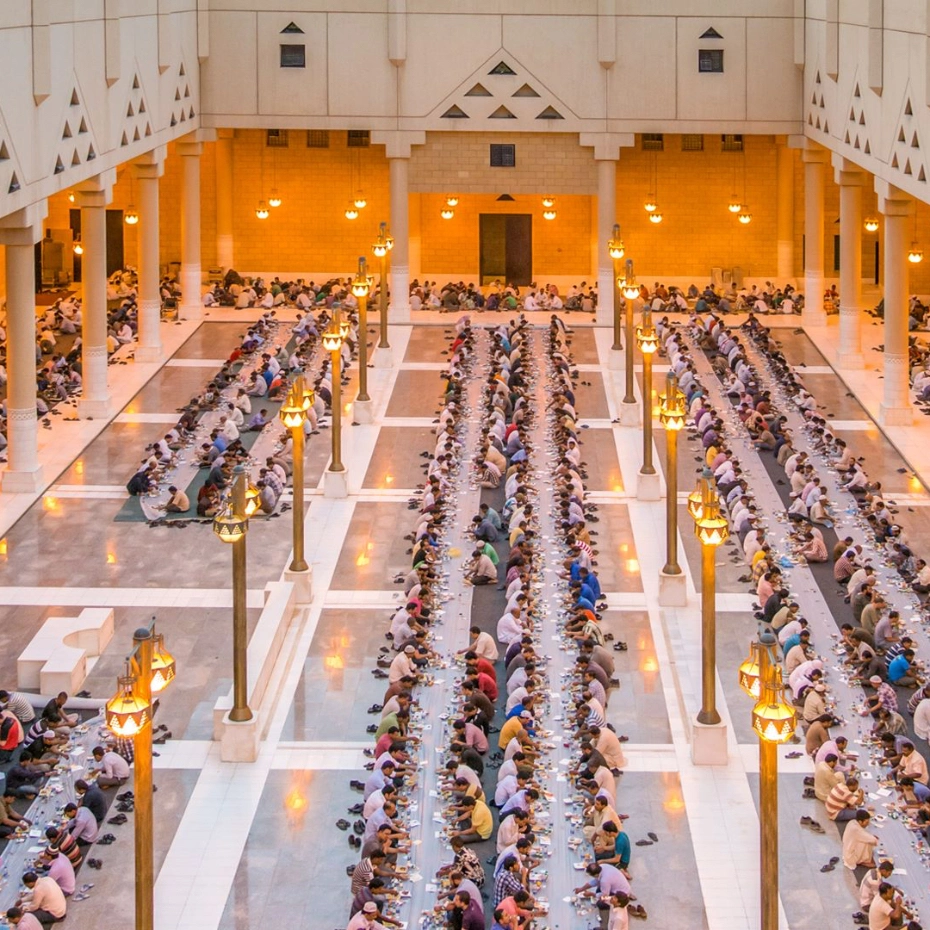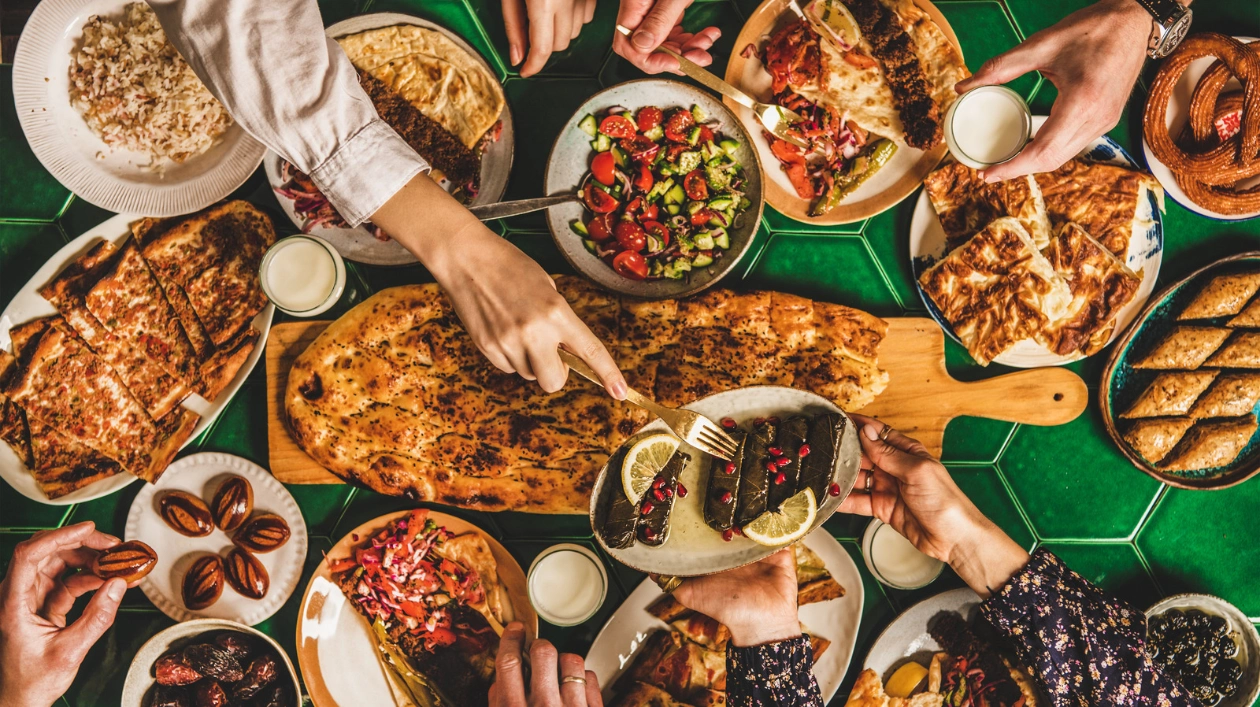Ramadan Fasting Guide - 10 Essential Tips for a Healthy Fast
Introduction
The holy month of Ramadan is a period of immense spiritual significance for Muslims worldwide. It's a time of introspection, devotion, community building, and heightened awareness of one's relationship with Allah (SWT). Central to this experience is the practice of fasting from dawn to dusk, a pillar of Islam that fosters self-discipline, empathy for the less fortunate, and a deeper connection with the divine. While the spiritual benefits of fasting are undeniable, maintaining physical well-being throughout the month is equally important for a truly enriching and fulfilling Ramadan.
This comprehensive guide provides ten essential tips to navigate your fast safely and healthily, ensuring you stay nourished, energized, and focused on the spiritual aspects.

What is Ramadan?
Ramadan, the ninth month of the Islamic lunar calendar, holds profound significance for Muslims worldwide. It is a period of intense spiritual devotion, self-reflection, and community building, marked by the practice of fasting from dawn to dusk. This sacred month commemorates the first revelation of the Quran to Prophet Muhammad (PBUH), a momentous event that laid the foundation for the Islamic faith.
Fasting during Ramadan is one of the Five Pillars of Islam, a fundamental practice that fosters numerous spiritual and social benefits. By abstaining from food, drink, and other physical needs, Muslims embark on a journey of self-discipline and self-control, cultivating empathy and compassion for those less fortunate. This act of sacrifice reminds individuals of the blessings often taken for granted and encourages acts of charity and generosity towards the community.
Beyond physical abstinence, Ramadan is a time for deep spiritual reflection and introspection. Muslims engage in increased prayer, recitation of the Quran, and contemplation of their relationship with Allah (SWT). It is a period to purify one's thoughts and actions, striving towards righteousness and seeking forgiveness. The heightened focus on spirituality during Ramadan allows Muslims to draw closer to Allah (SWT), strengthen their faith, and emerge from the month with a renewed sense of purpose.
What is allowed and what is forbidden in Ramadan?
During daylight hours in Ramadan, Muslims abstain from food, drink, smoking, and intimate relations. The focus shifts towards spiritual practices like prayer, recitation of the Quran, and acts of charity. It's also a time to purify one's thoughts and actions, avoiding negative behaviors such as gossiping, lying, and anger. The emphasis is on cultivating inner peace, gratitude, and compassion towards others. The evenings are often spent in communal prayer (Taraweeh) and shared meals with family and friends, strengthening the bonds of community and fostering a sense of shared purpose.
The 10 Fasting Tips during Ramadan:
1. Stay Hydrated & Include Hydrating Foods
Prioritize water intake: Drink plenty of water between iftar and suhoor to prevent dehydration. This is especially crucial in warmer climates or during longer fasting days, as dehydration can lead to fatigue, headaches, and dizziness, hindering your ability to fully engage in prayer and reflection.
Choose hydrating foods: Incorporate fruits and vegetables with high water content, such as watermelon, cucumber, strawberries, spinach, and oranges, to supplement your fluid intake and replenish electrolytes lost throughout the day. Soups and broths can also be excellent hydrating options during suhoor and iftar.
2. Eat Balanced Meals & Choose Whole Foods
Focus on nutrient-dense foods: Include a variety of fruits, vegetables, whole grains, lean proteins, and healthy fats in your meals. These foods provide essential vitamins, minerals, and sustained energy, supporting your overall health and well-being throughout the fast.
Limit processed foods: Avoid sugary snacks, fried foods, and excessive salt. These options offer little nutritional value and can lead to energy crashes, digestive issues, and dehydration, hindering your ability to fully engage in the spiritual aspects of Ramadan.
3. Limit Sugary Foods & Avoid Overeating
Choose natural sugars: Opt for fruits, dates, and honey to satisfy your sweet cravings without the negative effects of processed sugars on blood sugar levels and energy. Dates are traditionally consumed to break the fast, as was the practice of Prophet Muhammad (PBUH), and are an excellent source of natural sugars, fiber, and essential nutrients.
Practice mindful eating: Pay attention to your body's hunger cues and avoid overeating during iftar and suhoor. Eating slowly and stopping when comfortably full helps prevent digestive discomfort and promotes healthy weight management, allowing you to focus on spiritual reflection rather than physical discomfort.
4. Include Fiber & Balance Carbohydrates
Choose complex carbohydrates: Opt for whole grains, legumes, and vegetables over refined carbohydrates like white bread and pastries. Complex carbs provide sustained energy and fiber, promoting digestive health and sugar control, which is particularly important for maintaining energy levels while fasting.
Incorporate fiber-rich foods: Include fruits, vegetables, and whole grains in your meals to support regular bowel movements and prevent constipation, a common concern during the holiday due to changes in eating habits and decreased fluid intake.
5. Opt for Healthy Fats & Choose Lean Proteins
Choose healthy fats: While fasting, include sources like avocados, nuts, seeds, and olive oil in your diet for satiety, heart health, and essential fatty acids. These fats provide sustained energy and help you feel full for longer, which can be beneficial during the fasting period.
Choose lean proteins: Opt for fish, poultry, beans, lentils, and tofu to support muscle maintenance, repair, and overall health. These protein sources are also generally lower in saturated fat than red meat, contributing to better heart health and aligning with the principles of moderation encouraged.
6. Don’t Skip Suhoor & Break Your Fast Mindfully
Suhoor is crucial: This pre-dawn meal provides essential energy for the day ahead. Include complex carbohydrates, protein, and healthy fats for sustained energy release throughout your fast. Oatmeal, whole-wheat toast with avocado and eggs, or Greek yogurt with fruit and nuts are all excellent suhoor options that provide lasting nourishment.
Break your fast gently: Begin with dates and water, following the Sunnah of Prophet Muhammad (PBUH). This helps stabilize sugar levels and prepares your digestive system. Follow with a light, balanced meal. This gradual approach helps prevent digestive discomfort and allows the body to adjust after a day of fasting. Avoid indulging in heavy, fried foods immediately after breaking your fast.
7. Limit Caffeine & Limit Salt Intake
Reduce caffeine intake: Caffeine can be dehydrating and disrupt sleep patterns. Limit coffee, tea, and soda consumption, opting for herbal teas or water instead. While a small amount of caffeine may be acceptable, excessive intake can lead to headaches, anxiety, and sleep disturbances, interfering with your ability to focus on prayer and reflection.
Limit salt intake: Excessive salt can increase thirst and lead to bloating, particularly during Ramadan when fluid intake is restricted during the day. Choose fresh, whole foods over processed options, which are often high in sodium. Season your food with herbs and spices instead of relying on salt.
8. Listen to Your Body & Consult a Healthcare Professional
Pay attention to the body's signals: If you experience dizziness, fatigue, headaches, or other unusual symptoms, it's essential to break your fast and seek medical advice. Do not push yourself beyond your limits, as this can have negative consequences for your health. Prioritizing your well-being is essential.
Consult a healthcare professional: Individuals with pre-existing medical conditions, such as diabetes, high blood pressure, or kidney disease, should consult their doctor before Ramadan to discuss necessary adjustments to medication or fasting practices. This ensures that your fasting experience is safe and does not exacerbate any health issues.
9. Eat Slowly & Practice Mindful Eating
Chew your food thoroughly: This aids digestion and helps you recognize fullness cues, preventing overeating and promoting better nutrient absorption. Mindful eating allows a body to register satiety signals, preventing discomfort and promoting healthy portion control, aligning with the principles of moderation.
Practice mindful eating: Be present and pay attention to the taste, texture, and smell of your food. This mindful approach fosters gratitude for the blessings of food and prevents mindless eating, allowing you to fully appreciate the nourishment the body receives and reflect on the spiritual significance of breaking your fast.

10. Get Adequate Sleep & Stay Active
Prioritize sleep: Aim for 7-9 hours of sleep per night to support your physical and mental well-being. Adjusting your sleep schedule to accommodate suhoor and late-night prayers may be necessary. Ensure a comfortable sleep environment and establish a relaxing bedtime routine to promote restful sleep, allowing you to wake up refreshed and energized for prayer and fasting.
Stay active: Engage in light to moderate exercise, such as walking, stretching, or yoga, to maintain energy levels, improve mood, and support overall health. Even short bursts of activity throughout the day can be beneficial. Avoid strenuous exercise during fasting hours, especially in hot weather, as this can lead to dehydration and exhaustion.
Conclusion
Ramadan is a time for spiritual growth, self-reflection, and community. By prioritizing your physical health and well-being with these tips, you can ensure a fulfilling and meaningful experience throughout the holiday. Remember, listen to your body, adjust your practices as needed, and seek guidance from healthcare professionals when necessary. May this Ramadan be a time of peace, blessings, and spiritual renewal for you and your loved ones.






